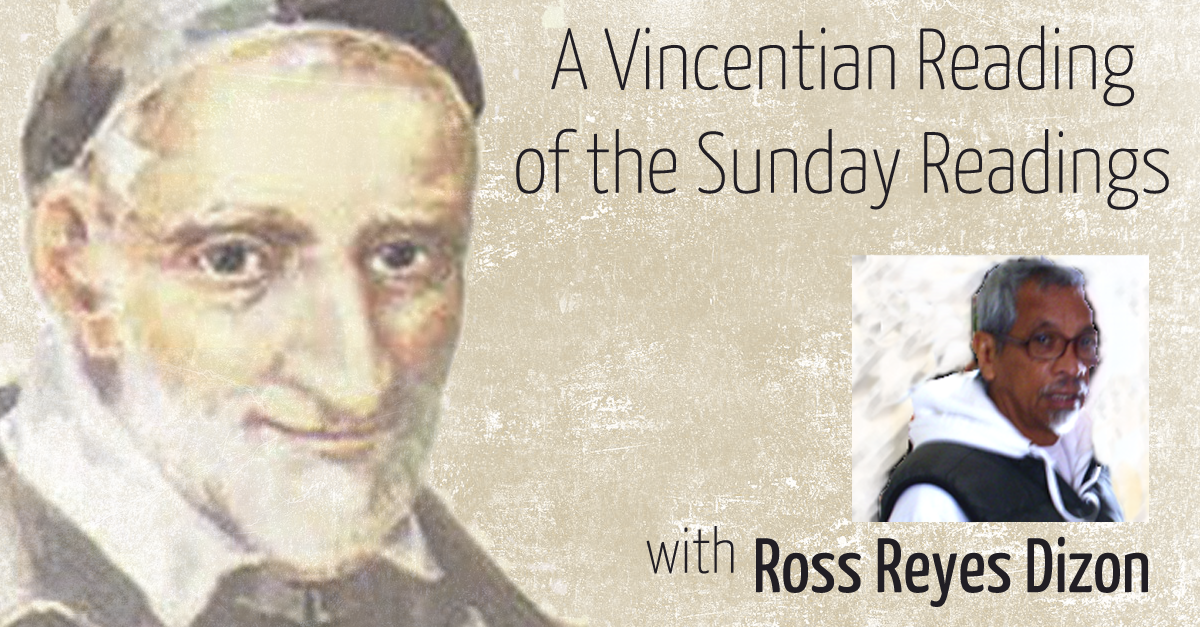Human misery leaves Jesus troubled, and he seeks that other people’s miseries leave us likewise troubled.
The disciples and a large crowd accompany Jesus to Nain. A large crowd from Nain is with a widow at her only son’s funeral procession. The stage is set for a showdown between life and death. The “combat stupendous” that ensues, however, leaves the crowd awed, rather than troubled. The account says:
Awe seized them all, and they glorified God, crying out, “A great prophet has appeared among us.”
Surely, these people remember the prophets Elijah and Elisha. The former raised to life the only son of the widow of Zarephath, and the latter, the only son of a Shunammite woman.
The combat is even more stupendous, for it does not foster worse violent enmities like those arising between the worshipers of the Lord and the worshipers of Baal. As he takes pity on the woman with a double portion of heartaches, Jesus effectively declares himself one with her and her fellow citizens. The one who is “deeply troubled,” i.e., “angry and very agitated”—according to the evangelist John in reference to Lazarus’ return to life—annuls the distinction between those from Naim and those from Capharnaum. He gets rid of all fanaticism, like Paul’s, before his conversion.
Jesus puts a halt to “business as usual” (cf EG 33). He wants every crowd accompanying him to be troubled. He seeks that we who claim to be his followers pass from death to life through our effective love for our brothers and sisters. Compassionate love does not allow those who have nothing to go hungry. If we neglect those who are in need, we deny the truth about the death that leads to life, which we proclaim at the Supper of the Lord. According to 1 Jn 3, 16:
The way we came to know love was that he laid down his life for us. So we ought to lay down our lives for our brothers.
Jesus does not want any of his disciples to be “a caricature of a Christian,” without charity and lacking in humanity (see SV.EN XII:222). He expects us to take responsibility for one other, giving some food ourselves to those we would rather send away. He equips us for wondrous deeds, which are not possible for us, however, unless we remain responsible in not so important matters of ordinary life.
In brief, Jesus, troubled, hands himself over for us. He thus takes us from the lap of our Sorrowful Mother Church, so that he may give us back to her alive, with a beating, troubled, and compassionate heart.
Lord Jesus, make us what you are, the living and troubling image of the compassionate and gracious God.
June 5, 2016
10th Sunday in O.T. (C)
1 Kgs 17, 17-24; Gal 1, 11-19; Lk 7, 11-17






0 Comments